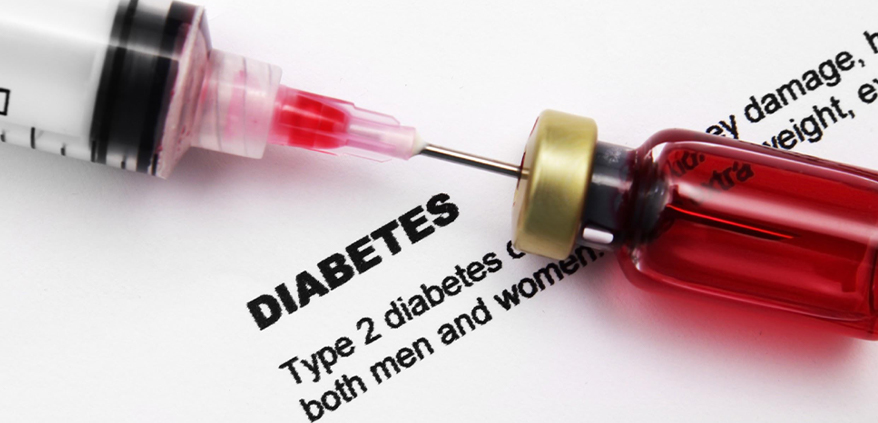More than 30 million Americans have diabetes, and about three million of them live in Texas –that’s nearly 15 percent of the Texas population. What that means for us is that of all the people in Texas who are considering plastic surgery, at least some of them will also happen to be diabetic. Why is this a big deal? Diabetes can have a big impact on how well the body heals, so it is an important consideration when it comes to plastic surgery. Let’s look at what diabetes is.
Diabetes is a condition where blood sugar is too high. Normally, blood sugar is regulated by insulin, a hormone made by and released from the pancreas. In people with diabetes, either there isn’t enough insulin produced or the insulin isn’t used well. There are three main types of diabetes:
Type 1 Diabetes
Previously known as juvenile diabetes, this form of the disease can actually develop at any age. It occurs when the immune system destroys the ability of the pancreas to adequately produce insulin. People with type 1 diabetes have to take insulin every day.
Type 2 Diabetes
This was previously called adult-onset diabetes and is the most common form of diabetes. Although it more often develops in later life, today many children also have the disease, so we don’t call it “adult-onset” anymore. Here, the body is unable to use insulin properly. This is usually managed with medication to boost the production or use of the body’s own insulin. However, over time the pancreas may also lose its ability to make insulin so that insulin injections become necessary.
Gestational Diabetes
As the name suggests, this form of diabetes develops in women when they are pregnant. It usually goes away after pregnancy but puts you at greater risk of developing type 2 diabetes later in life.
No cure for diabetes has yet been found, but blood sugars can be managed using a variety of lifestyle changes, medications, and/or insulin. Type 2 diabetes can be prevented and sometimes reversed through diet and exercise. You can learn about diabetes, its types, symptoms, risk factors, and more from the American Diabetes Association.
But what does this have to do with plastic surgery?
A condition like diabetes makes medical care more complicated, as it is associated with complications in a variety of other body systems, and can result in conditions such as heart disease, kidney disease, nerve damage, and stroke. This complexity has to be taken into consideration for any medical procedure, especially surgery. Plastic surgery is no exception.
The authors of this 2017 research reviewed the case histories of nearly 40,000 plastic surgery patients, 3,000 of whom also had a diagnosis of type 2 diabetes. Diabetes was associated with an increase in a variety of postoperative medical and surgical complications as well as longer hospital stays. Patients taking insulin were even more at risk.
According to the National Institutes of Health, diabetes may also increase your risk for surgical site infection and slow wound healing after surgery. This is because a blood sugar level that is too high increases inflammation, suppresses the immune system, and prevents oxygen and nutrients from helping the would heal. Not only is this a health risk, poor wound healing may result in a more unsightly scarring and less than optimal plastic surgery results.
This does not mean that all patients with a diagnosis of diabetes will have complications or should be barred from having any kind of plastic surgery. It just introduces more risk and that needs to be weighed against the benefits of any procedure.
As Dr. Slack explains, “For the most part they do fine despite their increased risk for healing problems or infections. I worry a little more about my type 1 diabetic patients since they have usually been dealing with diabetes for a longer period of time. As a consequence, they may have more vascular issues than a type 2 diabetic patient.”
Dr. Slack typically has his patients with diabetes see their primary care physician to make sure their blood sugar levels are properly controlled, and they are healthy enough for surgery. All patients have a fasting glucose checked before surgery as part of standard pre-op labs. Dr. Slack will usually add a hemoglobin A1C test to the pre-op work-up as a measure of how well they are controlling their diabetes.
If you have diabetes and are considering plastic surgery, it is important to speak with your doctor about this. Make sure your medical doctor is involved in your decision and that you choose a plastic surgeon who understands the disease and will take appropriate precautions.





